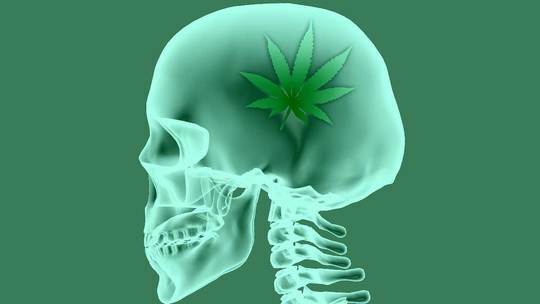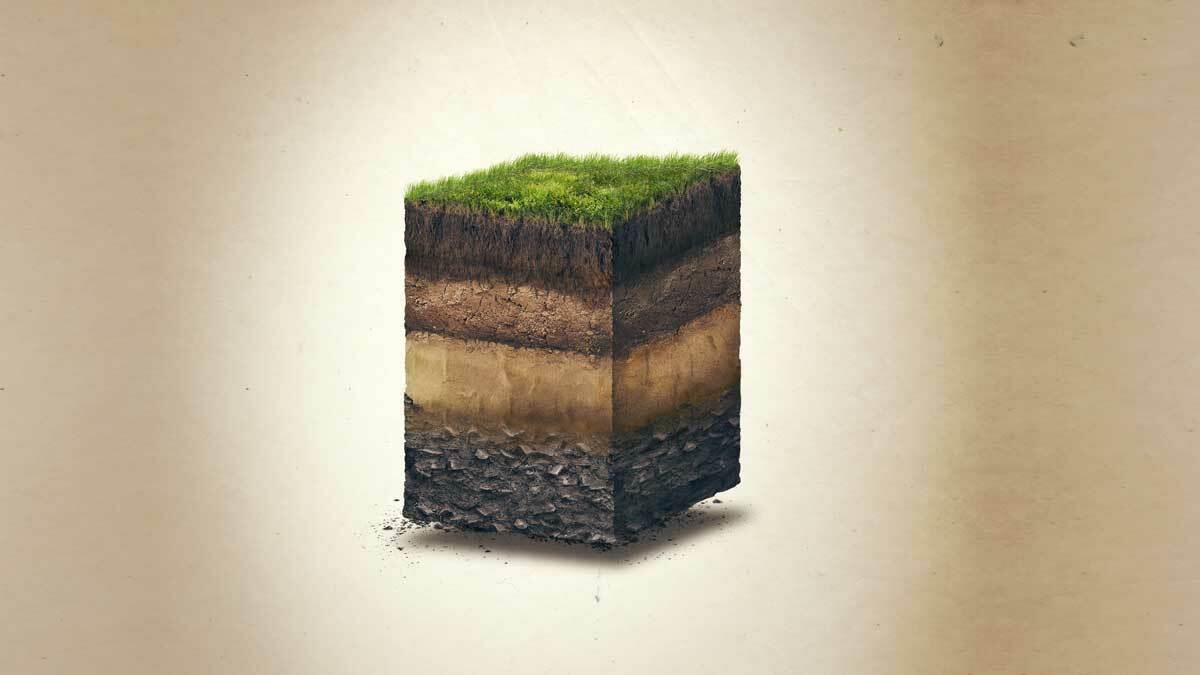
Cannabis is an incredibly complex plant, containing several hundred active compounds such as cannabinoids, terpenes, and flavonoids. But when we’re trying to understand how this powerful all-natural medicine interacts with the human body, it’s helpful to narrow all these players down to a crucial pair: THC vs THCa. Often conflated, there are actually several distinctions between these two misunderstood compounds.
How can you differentiate THCa vs THC? If you follow Papa & Barkley’s cannabis blog, you’re probably already familiar with THC. In addition to being the primary cannabinoid responsible for the plant’s psychoactive “high,” a growing number of studies demonstrate its ability to fight pain and potentially help reduce everyday stress.
By comparison, THCa, or tetrahydrocannabinolic acid, is a non-psychoactive cannabinoid found in raw cannabis and live cannabis plants. Although THCa is very different from THC in both its chemical makeup and how it interacts with the body, that’s not to say it’s not having an effect. In today’s post, we’ll explore the question we’re often asked: What is THCa and why is it important?
Let’s dive in.
What is THCa vs THC? Everything You Need to Know
While cannabis plants are commonly described using the ratio of THC to CBD cannabinoids, these important compounds in the plant are actually produced in acid form, such as THCa, first. They’re only converted to the more commonly recognized forms through curing and other refining processes.
THCa gradually becomes THC during the drying process, a conversion that is accelerated when heat is added to the equation. That’s why when you smoke, vape, or cook with cannabis, it imparts a psychoactive effect. Heat and light lead to a chemical reaction called decarboxylation, removing a carboxyl group and resulting in a molecule that more readily interacts with the body.
Just how do cannabinoids interact with our bodies? They bind to a crucial regulatory network called the endocannabinoid system. THC, for instance, readily interacts with CB1 receptors in our bodies to produce a euphoric feeling. Because THCa molecules are physically larger than THC molecules, they can’t bind to the endocannabinoid system’s receptors. Instead, it takes part in a number of different—but very impactful—bodily processes. Here are just a few of the most important.
Benefits of THCa vs. THC
Early Israeli research into the benefits of THCa vs THC has produced some very intriguing initial conclusions. For one thing, while THCa is non-psychoactive, in some areas its effects overlap with those of THC. The research found that both compounds can help support the body’s ability to fight nausea and appetite loss, and THCa in particular shows strong promise in treating inflammation. So if you’re struggling to find natural solutions to support symptoms such as everyday aches and strains, accessing THCa may be a great option. Here are some additional potential benefits of THCa:
THCa may have neuroprotective properties, showing promise in the treatment of neurodegenerative disorders such as Huntington’s disease and potentially other neuroinflammatory conditions
THCa and other cannabinoids are being researched for use in the treatment of various types of epilepsy (CBD is the active ingredient in the anti-seizure medication Epidiolex, the first FDA-approved cannabis-based drug)
Research shows promise for THCa in the reduction of inflammation due to inflammatory bowel diseases such as Crohn’s and ulcerative colitis.
Early studies in mice suggest that THCa can reduce weight gain and inflammation associated with diet-induced obesity.
That tells us a little bit about THCa’s medical potential. But what about actually accessing this powerful compound? Let’s get into the question of what is a good THCa percentage.Target Discomfort or Enhanced FocusThe first is our THCa Releaf Oil. Designed to uplift your mood and relieve discomfort no to extremely low psychoactivity, its effects are felt throughout the entire body within fifteen minutes, and the dosage can be customized to last as long as three hours. Due to THCa’s nutritional benefits, we love using it as an earthy, rich ingredient in craft mocktails and smoothies. It’s also made with MCT oil, which helps your body metabolize the cannabinoids.We also produce a THCa Focus Oil, a fresh frozen, low-heat cannabis flower infusion that you could liken to cold-pressed juice. Crafted to boost focus without psychoactivity, it can be accessed even faster by dropping your dose under the tongue and holding it for 20 seconds until absorbed.Remember, with either of these products, the THCa content doesn’t provide a psychoactive experience. That’s one reason they’re great for instilling a subtle sense of focus, clarity, and relief from nagging symptoms.Regardless of which formulation you choose, Papa & Barkley’s whole-plant infused products contain a full spectrum of cannabinoids and terpenes so that you get the full synergistic benefits of the cannabis plant. And as numerous studies and articles attest, it’s especially critical with any cannabis product to seek out trusted, high-quality sources.That’s why we’re proud to handcraft our products using only 100% USA-grown cannabis. In addition, we offer details about our production methods and a certificate of analysis for each product upon request. And it’s why we’re proud to offer our absolute guarantee: If you’re not completely satisfied with our product, return it within 30 days for your money back. Period.Daily CBD and Daily THC Use: Wrapping UpWe hope today’s post provides food for thought as to how you can use the plant-powered goodness of cannabinoids such as THCa to support your wellness and self care. To learn more about our products and cannabis in general, check out our Cannabis Compendium and the resources on our blog.And if you have any other questions about THCa (or any of our other cannabis products containing THC or CBD), don’t hesitate to ask. We’re always here to help!







